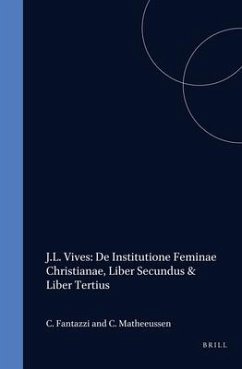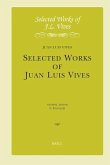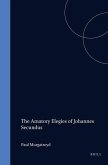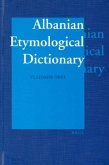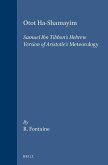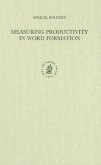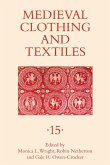Vives' tract on the education of Women, De Institutione Feminae Christianae (1524, revised 1538) became a model for cunduct books in various Protestant traditions and as such has always been of interest to historians of education. However, the treatise also made a very important contribution to the querelle des femmes of its time and has consequently generated much interest among modern historians of women and gender. It consists of 3 books, one for each stage of woman's life maidenhood, marriage and widowhood. The only English translation of the text on offer till now was the inaccurate and free version of Richard Hyrde (a friend of Thomas More), published early in the 20th century by Foster Watson, but now unavailable. De Institutione Feminae Christianae, 2, contains the critical edition of the Latin text of Books II and III with a double apparatus and a facing-page English translation with notes. It starts with a special introduction to this edition. Volume 1 covering Book 1 was published in 1996. By publishing the 2nd volume the complete text of this important treatise by Vives is now available.
Hinweis: Dieser Artikel kann nur an eine deutsche Lieferadresse ausgeliefert werden.
Hinweis: Dieser Artikel kann nur an eine deutsche Lieferadresse ausgeliefert werden.

